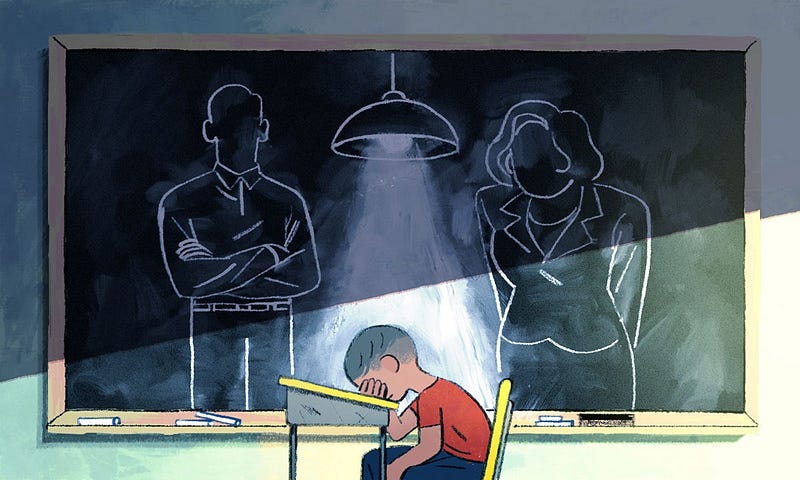Counseling Not Criminalization in Schools Act: Police Reform in Schools in Exchange for Psychological Services
By: Romael “Kane” Khan, MPAC Policy Intern

The murder of George Floyd and the rise in support for the Black Lives Matter movement not only brought attention to the importance of racial justice but gave rise to another frequently overlooked topic: the role of police officers in our public school system. Specifically, if the strategy behind the investment being made on behalf of the American taxpayer is actually working to ensure the well-being of the next generation of our leaders.
To address this critical issue, and meaningfully reform the way we are looking after our students, Sen. Christopher Murphy (D-CT), introduced The Counseling Not Criminalization in Schools Act on June 17 of this year. He was joined by Representative Ayanna Pressley (D-Mass.) who introduced the companion bill in the House of Representatives.
If passed into law, this bill would address the school-to-prison pipeline, in which students who are treated as criminals from a young age by resource officers in school, namely students of color, are more likely to be arrested in the future. Second, it recognizes that despite over a billion dollars being invested in about 46,000 officers in schools since 1999, there is a lack of evidence that police officers in schools provide benefits to school safety. Thirdly, it recognizes that although school officers are ever present, many students lack access to healthcare, whether mental or physical. Many schools do not have psychologists, social workers, and even nurses. This leads to the fourth principle in which police officers are required to do more than their job requires, which often includes things they are not qualified for, such as crisis management and social work. The final principle is that by investing in a community’s resources and needs rather than in a police force, crime can be reduced by removing the need to commit crimes.
The legislation seeks to accomplish its goal by re-allocating funds in a way that is deemed more efficient for stopping crime in young people. However, it does not prohibit a school’s ability to employ officers on its own budget, nor does it affect states and districts from being able to provide non-federal funding for these services. Instead, it aims to divert federal funding away from supporting police presence in schools and proposes using those funds for employing psychologists and counselors in order to provide services for marginalized students. In theory, this approach should help to improve the mental health of students, especially those of color, and improve academic performance in all students.
The events of 2020, including the brutality exercised by police officers across the nation during the Black Lives Matter protests, showed that there is a clear need to reassess the role of law enforcement in this country. This starts at an early age; children, especially children of color, are subject to trauma and fear from a young age that stems largely from how they are treated by the police due to the color of their skin. Through the Counseling Not Criminalization in Schools Act, this problem can be addressed at its root. By changing the way police are funded to operate in schools, we can move one step closer to racial equity and justice for children who won’t have to live in a world where a traffic stop could cost them their life.